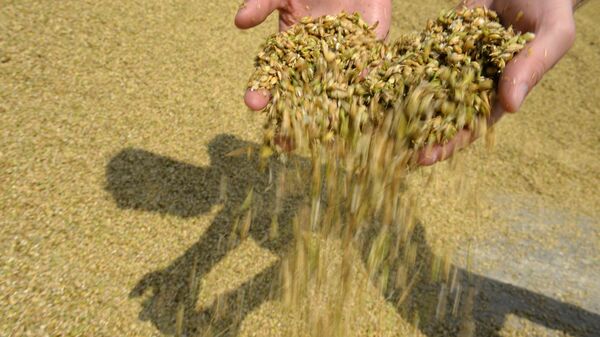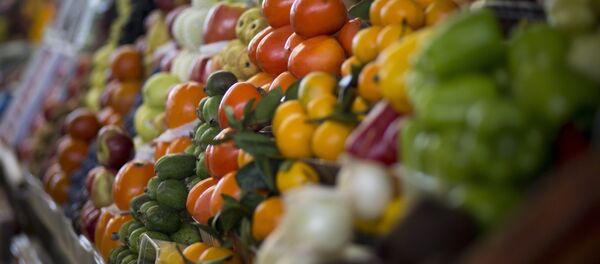The proposals' opponents, including business leaders and the government — which advised people to vote no — had warned of higher food prices and less choice.
The size of the defeat will be a big disappointment to farmers' groups and ethical food campaigners. The first proposal, called fair food, wanted more government support for sustainable, animal-friendly
Sputnik spoke to Dr Wayne Martindale Principal Lecturer of Food Insights and Sustainability at University of Lincoln on what this vote will mean for sustainable foods.
Sputnik: What do you make of the vote on sustainable food in Switzerland?
Sputnik: Why do you think there was a resounding rejection to support farmers in this vote?
Dr Wayne Martindale: When you put food prices and restricting choice into the equation, and this is something that often crops up in debates about ethical produce and food certifications, because you're in effect creating an elite around food products by saying these products have greater provenance and greater ethics associated with them and greater sustainability associated with them you're in danger of restricting choice and food products that don't want to get involved with those things but they are just as good.
Dr Wayne Martindale: I don't think it's going to go away, I also think, this is why it was so surprising because the Swiss as a nation in regards to food provenance are very well informed about pesticides, agriculture import, input use and livestock production and so on. In many ways it's very interesting for me as a researcher in this arena that we have a surprising vote, but when you look at the detail you have the issue of a swing around urban issues vs rural issues and you have this interference of food diversity and food choice being absolutely critical.




